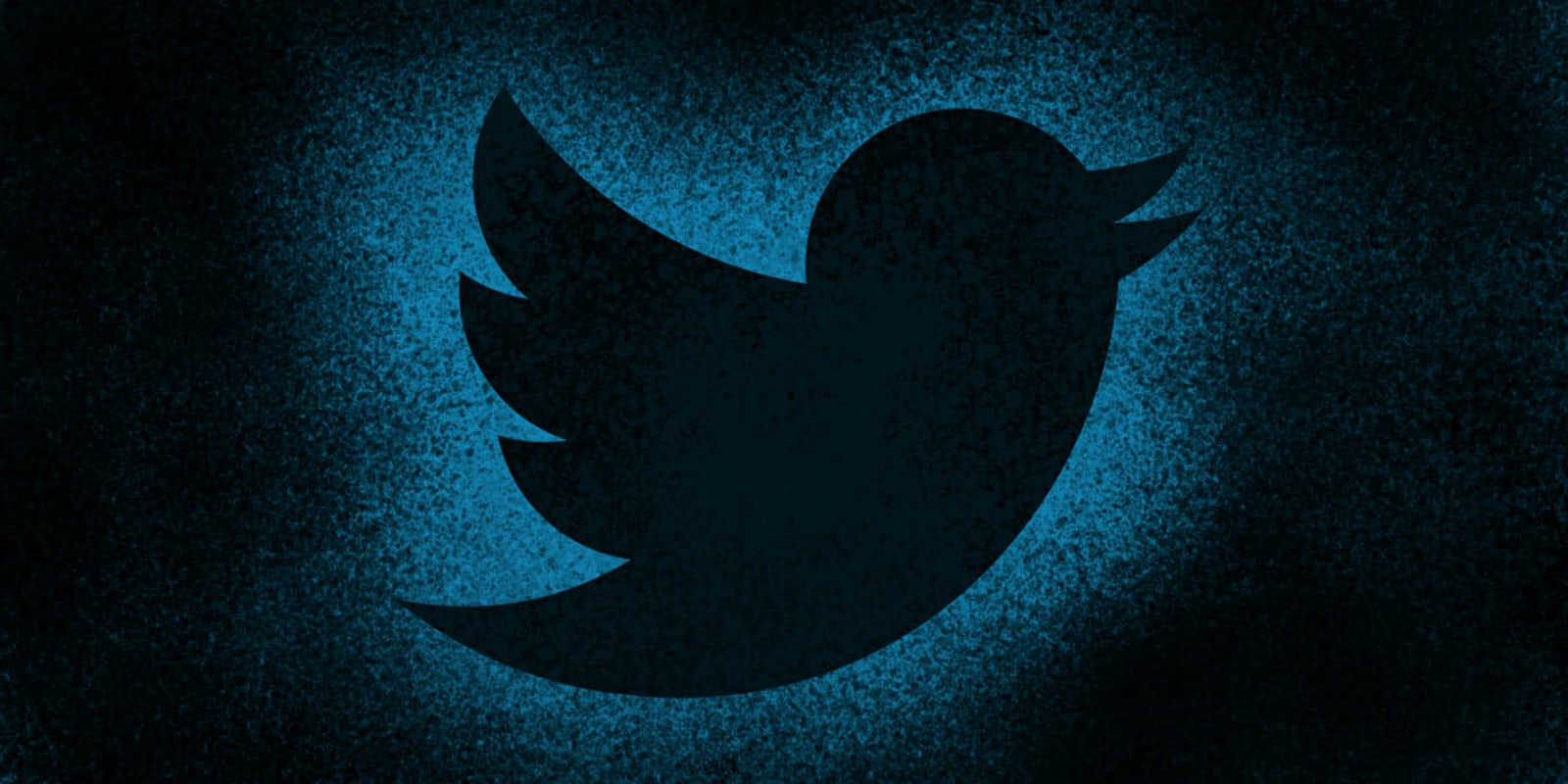Last year, Twitter purged a significant amount of far-right and white nationalist accounts as part of its updated terms of service. The purge led to many cries of free speech violations from members of those aforementioned groups, and now, one white nationalist is taking the social network to court.
That would be Jared Taylor, founder of the white nationalist publication American Renaissance. Taylor first sued Twitter in February for banning his account, an action he claimed “violated civil rights and contract law,” the Verge reports.
Twitter objected to Taylor’s suit, claiming it violates California’s anti-SLAPP (Strategic Lawsuit Against Public Participation) law, which protects from lawsuits meant to intimidate parties and stifle free speech. But Taylor wants Twitter to reactive his accounts and relinquish its right to suspend accounts for any reason, and he’s fighting for it under the guise of public interest.
California judge Harold Kahn agreed with Taylor. “It seems to me this is a classic public interest lawsuit,” he said in court. “It goes to the heart of free speech principles that long precede our constitution.” The “free speech” objection isn’t new: Taylor was one of the most prominent voices that decried Twitter’s new terms of service at the end of 2017. In a post on his own site, Taylor wrote that he and American Renaissance “present our dissident political views with civility” and “have never even hinted at anything that could be seen as condoning violence or illegality, nor do we associate with those who do.”
Taylor also accused Twitter of misleading its users, who may have joined the platform under the pretense that it welcomed all views only to ban people who may occupy one particular part of the political spectrum. Twitter revamped its terms of service last year to prohibit posts including or promoting “violence and physical harm;” “hateful imagery;” and “violent threat[s] or multiple slurs, epithets, racist or sexist tropes, incites fear, or reduces someone to less than human.” Taylor’s former statements (such as “When blacks are left entirely to their own devices, Western civilization—any kind of civilization—disappears”) definitely meet Twitter’s new criteria for banning accounts.
Still, Taylor asserts that Twitter misled users about its banning policy and thus violated California’s Unfair Competition Law, which prohibits false advertising. But even if the white nationalist wins his lawsuit, Twitter doesn’t necessarily have to restore his account. Eric Goldman, who serves as co-director of Santa Clara University High Tech Law Institute, told the Verge that Taylor “might be entitled to damages,” but it seems unlikely he could force the company to allow him back on the platform.
So far, nobody has accomplished what Taylor has set out to do in his lawsuit. The First Amendment protects online platforms’ right to moderate their sites however they please, and Section 230 allows these platforms to operate outside the guise of neutrality. In other words: For now, Twitter has the right to continue banning Nazis and white nationalists.
H/T the Verge


